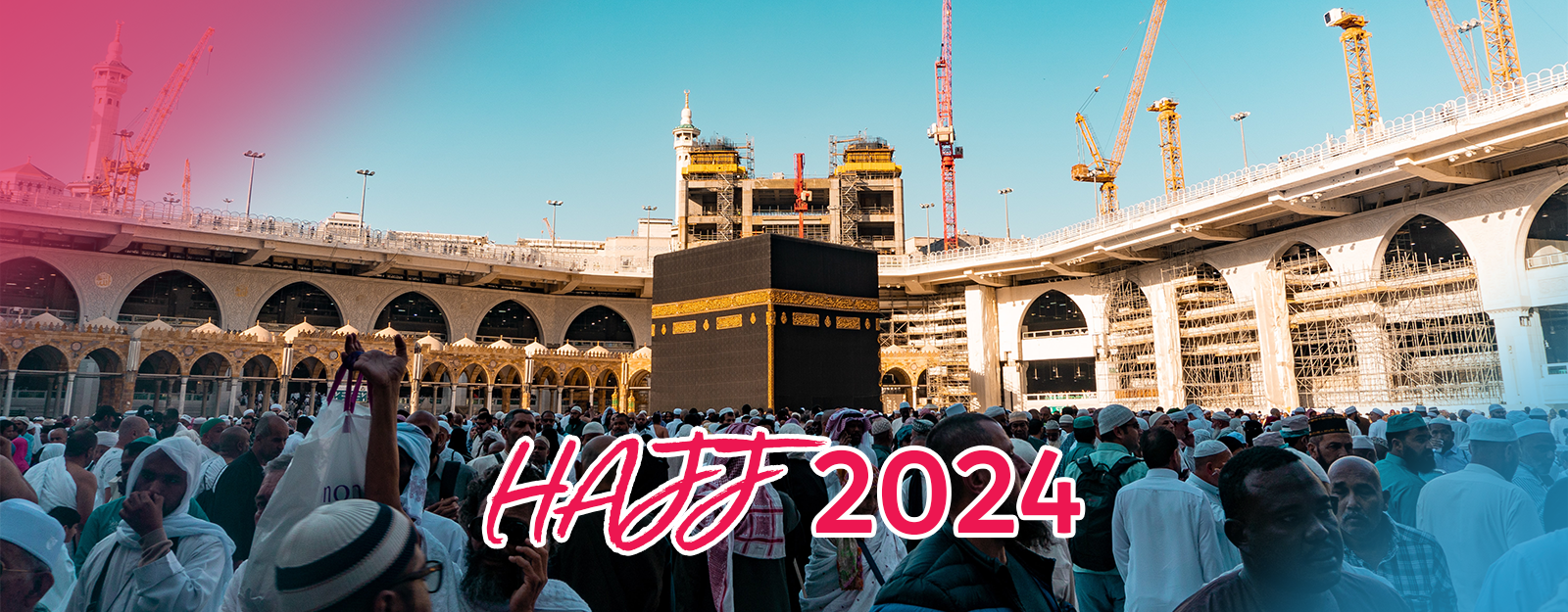
Every year, Millions of Muslims from all over the world gather in Makkah to perform this religious pilgrimage. Hajj takes place in the sacred month of Dhul Hijjah every year. It usually begins on the 8th of Dhul Hijjah and lasts up to 5 days. During these days, all the Muslims gathered together and performed the Manasik E Hajj (elements of Hajj).
In the Holy Quran, Allah SWT commanded about Hajj as follows:
“You will enter the Sacred Masjid, God willing, perfectly secure, and you will cut your hair or shorten it (as you fulfil the pilgrimage rituals) there. You will not have any fear. Since He knew what you did not know, He has coupled this with an immediate victory.”
One of the Pillars of Islam is that Muslims need to perform a series of rites and ritulas. One of the most important things regarding the cost of Hajj is that it should be from savings and not from debt. It is Allah’s way to make sure that the person who is performing the Hajj must be financially and spiritually strong.
Hazrat Muhammad (PBUH) explains the importance of Hajj in the following words:
“Whoever performs Hajj for the sake of Allah and does not utter any obscene speech or do any evil deed, will go back (free of sin) as his mother bore him.”

The place where all the Muslims gathered to perform Hajj is called the Holy Kaaba, which is the House of Allah SWT. It is the heart of Makkah. The Holy Kaaba’s origins date back to when Allah (SWT) put Hazrat Ibrahim (AS) to the test by putting his most cherished possession—his son Hazrat Ismail (AS)—to the test of his faith. As a reward for Hazrat Ibrahim’s patience and steadfastness, Allah (SWT) rewards him by sparing his son’s life. Hazrat Ibrahim (AS), along with his son, on the commandment of Allah (SWT), built the sacred Kaaba, which is located in Masjid al-Haram.
On the commandment of Allah (SWT), Hazrat Ibrahim (AS) first built the Holy Kaaba. Allah (SWT) says in the Holy Quran:
And remember when Ibrahim and Ismail built up the foundations of the house, they prayed, “Our Lord, accept this service from us. Indeed, You are the All-Hearing, the All-Knowing.”

Hajj is the Fifth Pillar of Islam. It is a sacred act that Muslims need to perform once in their lifetime. There are Five Pillars of Islam, as follows:
The thing that separates Hajj from the other pillars of Islam is that it only needs to be performed once in a lifetime, whereas others need to be performed daily or on a yearly basis.
We believe that only education and skill development can empower youth, shaping their futures and substantiating the deprived community.
BANK DETAILS
Bank Name: Bank Islami
Account Title: Saya E Khuda E Zuljalal
Account Number: 2053-5712157-0001
IBAN NUMBER: PK60BKIP0205357121570001
Bank Name: Cashplus Bank
Account Title: Saya E Khuda E Zuljlal
Account Number: 07845728
Sort Code: 08-71-99

© SKZ Foundation TM 2017. Privacy Statement , Terms & Conditions Registered Charity No: 1200520. Head Office: 4 hollis lock, Chelmsford CM2 6RR UK. Disclaimer: SKZ Foundation is not affiliated with any external websites. SKZ Foundation is not responsible for the content of external internet sites and any links from external web sites to this site do not constitute an endorsement of that site by SKZ Foundation.
Copyright @ 2024 Single Solution. All Rights Reserved.